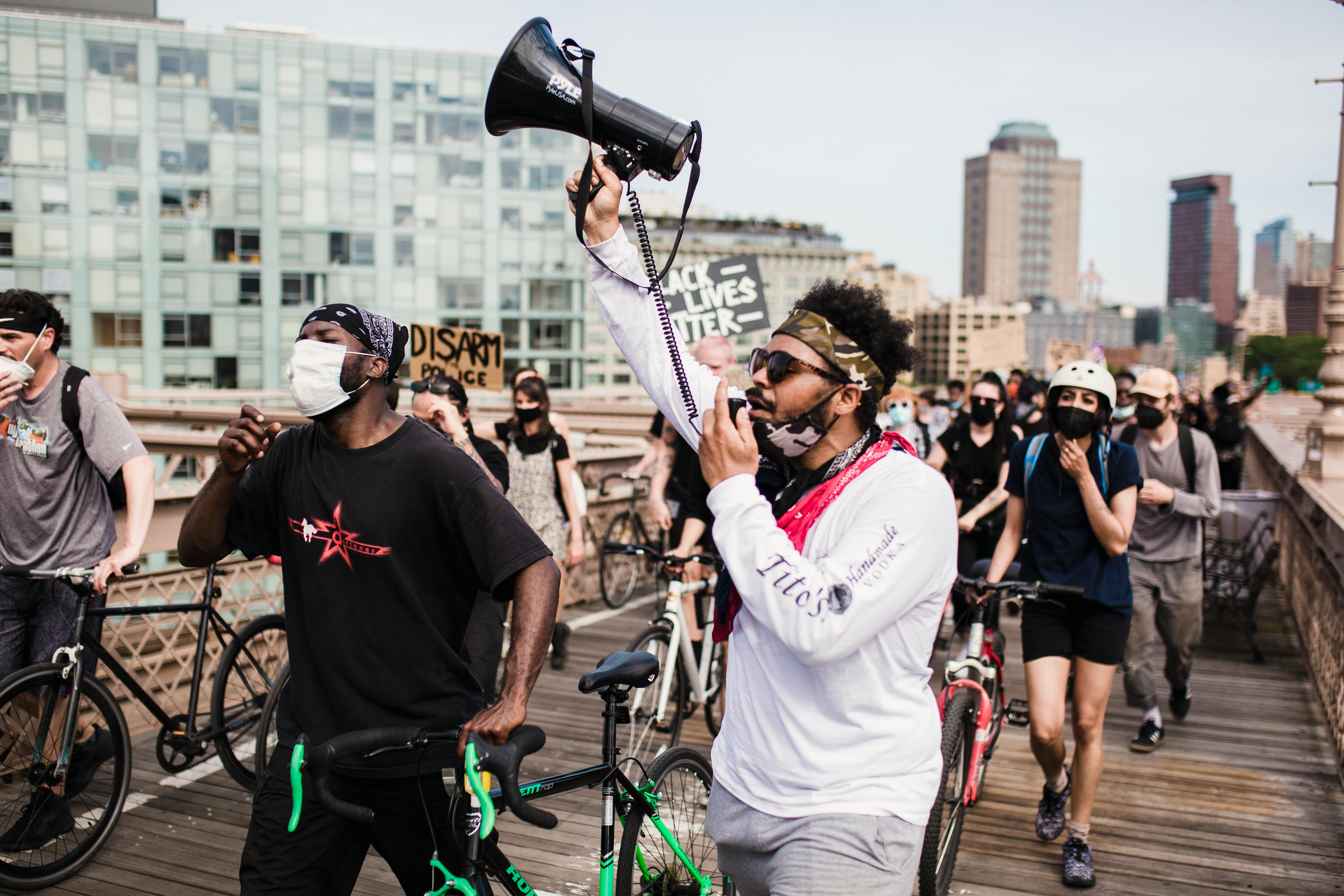The fastest way to write your book
No gimmicks, no gestures, no ghostwriting. This technique works for both fiction and nonfiction, but it requires more than a little practice and determination. But the rewards are huge. In fact, it is the same technique that the most prolific writer in the English language uses. All you have to do is … watch how Dame Barbara Cartland wrote literally hundreds of books (mostly in the romance genre, by the way) and you will have a strategy that you can apply to your own writing right away. .
The fastest way to communicate, at least until we evolve into a telepathic species, is by talking. If you speak at a fairly slow and thoughtful pace, you will be speaking at a speed of about 140 words per minute. Just over two words per second. If you get really excited or focused, you can hit speeds of 300, even 400 words per second. However, far beyond that, and your message is quite confusing unless you practice enunciation a lot.
But even at a pedestrian speed of just 200 words per minute, you’re communicating at more than three times the speed of a really good typist. At that rate, you could complete a chapter in roughly 15 minutes or an entire 200-page book in just five hours of talk.
Let’s go back to Cartland. To give you an idea of his writing success, he wrote 723 books and sold over a billion (sic) copies. Regardless of what you think of the quality of the books, and everyone can argue that she was successful.
How did he write all those books? Here’s your book writing strategy for writing a book in less than a week. He would start dictating to a stenographer. And I would do it for about 20 minutes. Then that stenographer would walk away and start transcribing the dictation. Meanwhile, a second stenographer entered and began dictating for another 20 minutes. Then a third. The author would review the wording and make any necessary editorial changes. Then the whole writing process would start over.
And there is no reason why you can’t write your book in exactly the same way. There are only two writing factors to consider. First, hiring stenographers can be expensive. Tape recorders are cheaper and work just as well. You can even use popular speech recognition software that will take your dictation and turn your writing into a finished copy on your computer screen.
Of course, if you use a tape recorder, you can probably speak much faster and then deliver your manuscript on tape (or send it as an electronic file) to someone who will transcribe it. Remember, there are many people in third world countries who can transcribe sound files for less than you think possible.
And the second factor? You have to know what you are going to say before you say it. That requires a real need to go beyond the outline of your book and create the actual blueprint of your book, so you know what will be on each page before you even begin.
Finally, this is not a skill that you can develop in just an hour or two. Start with a really good plan, as I describe in my program “How to Write a Book on Anything in 14 Days or Less … Guaranteed!” This will take a few hours, but it is well worth the time and effort. Then start “writing” your book on a tape recorder or digital recorder.
Start out slow. You still won’t be writing your book at full speed for several days. Yes, it will be frustrating and you will be tempted to give up because typing with a pen or keyboard is so much faster … right now. But you had to learn to use a pen (that took years) and you had to learn to use a keyboard (that also took a long time). So persist. And before you know it, you’ll be writing your book at a pace that will amaze you and your colleagues.
By the way, if you are writing your book with a pen or keyboard, my program will still help you finish your book in 14 days. I thought you might like to have a way to write your book, say, tomorrow morning!
